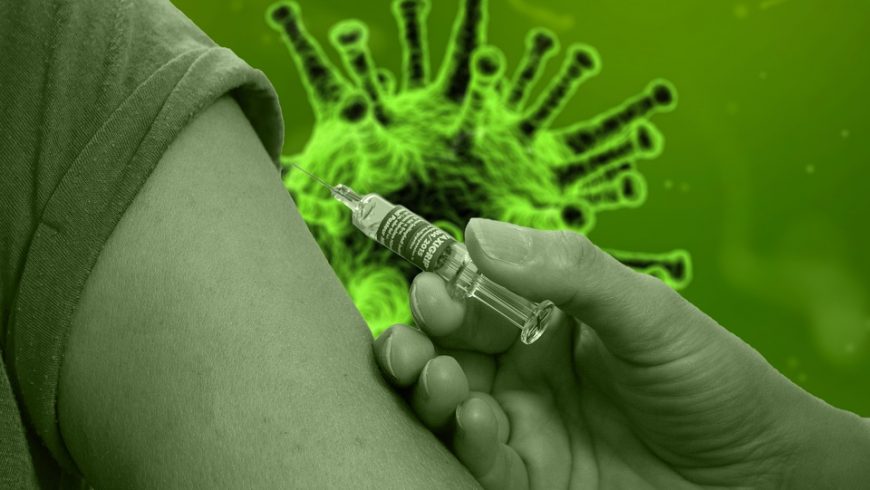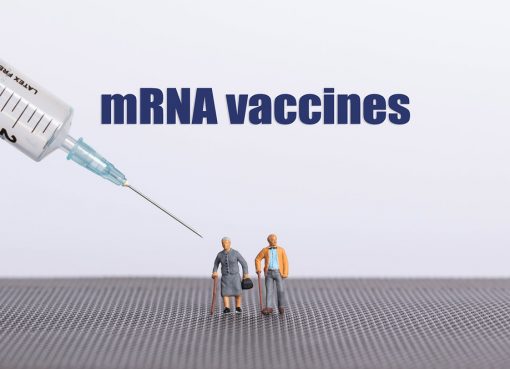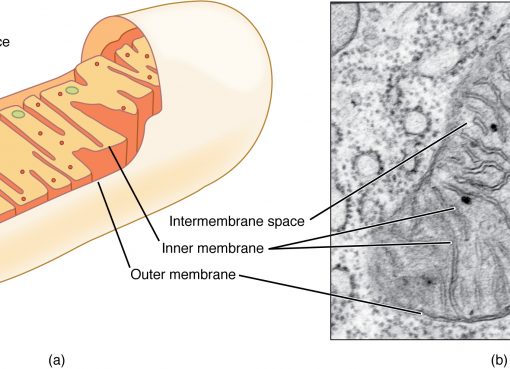Hunt for COVID-19 vaccines
Vaccination is the most effective way to control viral diseases. But it is challenging to develop a potent vaccine against any novel virus such as novel coronavirus (SARS-CoV2), which is causing pandemic and a threat to the mankind. Thrust of COVID-19 has ignited the race among the global vaccine and pharmaceutical companies to develop a potent, safe and effective vaccine against nSARS-CoV2. As a result, 120 vaccines are in the pipelines and almost 10 vaccines are currently undergoing human trials. Out of all, Moderna’s RNA vaccine has successfully completed the first clinical trial in a small population and now it is set to enter the second phase of clinical trial by July, 2020. This vaccine is based on specific mRNA sequence of nSARS-CoV2 having ability to produce protective antibodies to fight against the virus. Different vaccines developed by Chinese companies are also in human clinical trials either in phase one or second. Out of all vaccines generated by Chinese companies, two vaccines (one is viral vectored and the other inactivated) are showing promising results and hitting the headlines. Novavax has entered Phase I clinical trial with the vaccine NVX-CoV2373. It is a kind of recombinant vaccine produced by genetic engineering in combination with nanotechnology. Oxford University also developed an adenoviral vectored vaccine named ChAdOx1 nCoV-19, but it failed to completely stop infection in animal trials, especially in monkeys. Currently, the US pharmaceutical company ‘Pfizer’ is testing four vaccine candidates with its co-producer ‘BNTECH’, a German based company. The four vaccines consist of different combinations of mRNA sequences and target antigen, and CEO of Pfizer claims that the novel Corona virus vaccine may be ready by October, 2020.
Along with other countries, India is also in hunt for a potent prophylaxis against novel coronavirus. Attempts are initiated by Bharat Biotech, Serum Institute of India (SII) and Zydus Candila in collaboration with several research institutes of India.
Source: https://indianexpress.com ; https://www.business-standard.com
Updates on cure against COVID-19
Remdesivir, a broad-spectrum antiviral produced by company Gilead Sciences is currently approved in US, Japan and UK to treat COVID-19 patients but with certain restrictions and conditions. Drugs Controller General of India (DCGI) has given clinical trial approval to Sun Pharmaceutical (Indian company) for using Nafamostat Mesilate to treat COVID-19 patients. It is commonly used in Japan to treat acute pancreatitis and disseminated intravascular coagulation. But researchers from University of Tokyo in Japan and Leibniz Institute for Primate Research in Germany have observed that at a very low concentration, it suppresses expression of protein (TMPRSS2) present in human lung cells, which is pre-requisite for nSARS-COV2 to enter lung cells. Thereby, it may inhibit the colonization of coronavirus in lungs. On the contrary, the company Roche, is planning to test drug Actemra (anti-inflammatory) with remdesivir (antiviral) as line of treatment in COVID-19 patients. Indian company Patanjali, is also in the race to find a cure for COVID-19 and has already started human clinical trials. Sepsivac, an immunomodulator, produced by Zydus Candila is in clinical trial especially in asymptomatic COVID-19 patients.
Inexpensive portable ventilators from India
For fighting COVID 19 pandemic in the developing countries, engineers from Indian Institute of Technology, Mandi, Himachal Pradesh have developed two low-cost and portable ventilators. The prototypes consisted of Artificial Manual Breathing Unit (AMBU) bag and have options to control breath rate (breath/minute) as well as volume of air entering into the patient’s lungs. One of the ventilators has the option to be operated by smart mobile application. The team also developed the ‘IIT Mandi Ventilator’ mobile application that can start & stop the ventilator and change the Breath/ Minute rate remotely. One of the ventilators was produced with Rs. 4,000.00 while other for Rs. 25,000.00. Both the designed prototypes are suitable to be used in remote rural areas.
Source: http://www.iitmandi.ac.in/Newspaper_reports/index.php
Indigenous vaccine against Classical Swine Fever
Classical Swine Fever (CSF) is a highly contagious viral disease of domestic and wild pigs, caused by a virus of the genus Pestivirus. CSF causes an economic loss of about Rs. 400 crore per annum in India. It was estimated that around 22 million doses of CSF vaccine is the current requirement in India but hardly a million doses are available. Moreover, Indian farmers are dependent on imported vaccines which are expensive. To address this, the native vaccine company, Indian Immunologicals Ltd. (IIL) in collaboration with the Indian Veterinary Research Institute (IVRI), Bareilly has developed a live attenuated vaccine. The vaccine was launched recently under the brand name ‘Raksha Class’. The vaccine has passed the safety, sterility and potency test along with field trial.
Source: https://www.thehindubusinessline.com
A hope forAfrican swine fever vaccine
African Swine Fever (ASF) is a contagious, highly fatal and haemorrhagic viral disease of pigs caused by a DNA virus of the family Asfarviridae. Recent outbreaks of ASF in Asia and Europe have tremendous impact on the swine industry of the globe. Lack of vaccines and frequent outbreaks have ignited the scientific community to develop a promising vaccine for ASF. Attempts taken earlier to develop vaccines against ASF were not promising. With the development in vaccine generation technologies, recently two experimental vaccines were demonstrated to be effective against ASFV. One of the vaccines was generated by deleting seven non-essential genes of ASFV, which is a live modified virus, whereas the other was based on viral vector containing ASFV antigens. Both the vaccines showed high level of protection in clinical trials and thereby reflected new hopes for development of vaccine against ASFV in near future.
Source: Vaccines (2020), 8: 234; https://doi.org/10.3390/vaccines8020234
Science China Life Sciences (2020), 63: 623–634; https://doi.org/10.1007/s11427-020-1657-9




